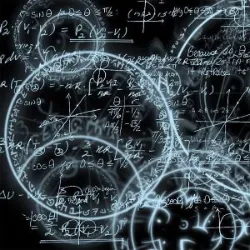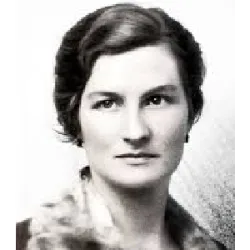Quantum Mechanics

Quantum Mechanics is the theory of physics that describes the behavior of particles on very small scales, such as atoms and subatomic particles. It introduces fundamental concepts such as:
Particle-Wave Duality: Particles can behave as either particles or waves, depending on the observation.
Energy Quantization: The energy of quantum systems is not continuous, but rather discretized into specific "blocks" or levels.
Wave Function: Describes the state of a particle and its location probabilities and other properties.
Heisenberg Uncertainty Principle: It is not possible to accurately measure both the position and momentum of a particle simultaneously.
Superposition and Collapse: Particles can exist in several states at the same time, but when observed, they "collapse" to a specific state.
Quantum Entanglement: Particles can correlate so that the state of one depends on the state of another, even at great distances.
Quantum mechanics is fundamental to several modern technologies, such as semiconductors, lasers and magnetic resonance, and opens doors to areas such as quantum computing and quantum cryptography.
In essence, quantum mechanics offers a probabilistic, non-deterministic view of reality at microscopic scales.
Did you know?











